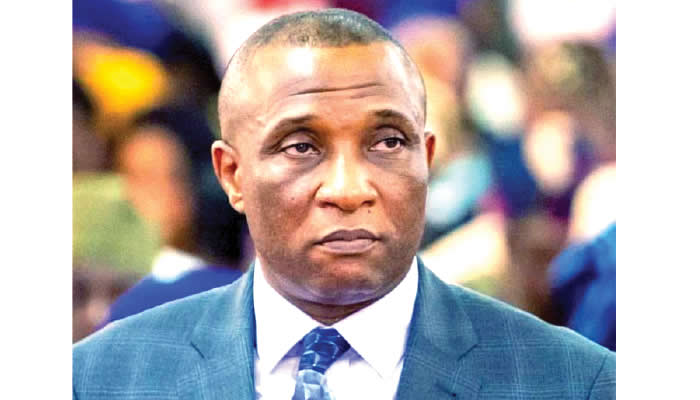The Federal Competition and Consumer Protection Commission (FCCPC) has mandated the Ibadan Electricity Distribution Company (IBEDC) to reimburse consumers for any investments made in purchasing transformers, poles, cables, and other electrical infrastructure. This directive, issued by the FCCPC’s Chief Executive Officer/Executive Vice-Chairman, Tunji Bello, underscores the principle that the onus of providing such equipment rests solely with the distribution company, not the consumers. The announcement was made during an FCCPC Electricity Consumer Forum held in Ota, Ogun State, where community leaders voiced their grievances regarding IBEDC’s inadequate service delivery and the financial burden placed on consumers to maintain the electricity network.
The forum, held in the Ilogbo, Oju-Ore area, served as a platform for community representatives to express their concerns directly to IBEDC officials. The Ado-Odo/Ota Zonal Community Development Committee (CDC) Chairman, Mr. Olatunji Onaolapo, criticized IBEDC’s perceived indifference to consumer complaints, highlighting the numerous letters sent to the company that remained unanswered. He emphasized the irony of consumers purchasing transformers and other equipment that should be provided by the Disco, while many communities continued to experience power outages. Onaolapo cited the example of Itele Ota, where residents had purchased 80 transformers without IBEDC contributing a single one, and even bore the cost of energizing the equipment.
IBEDC’s Ogun State boss, Abdulrasaq Jimoh, responded by placing the blame on the communities for purchasing transformers without prior consultation with the Disco and the Nigerian Electricity Regulatory Commission (NERC). He argued that communities should inform NERC of their intention to procure such items before proceeding. This stance, however, was immediately challenged by Mrs. Bridget Etim, an FCCPC official representing the Executive Vice-Chairman. Etim categorically rejected IBEDC’s argument, citing the precedent set by Jos Disco, which had recently refunded its consumers for similar investments without requiring NERC or FCCPC involvement.
Etim emphasized that the FCCPC would not accept IBEDC’s position and reiterated the commission’s directive that all future investments in network infrastructure by consumers must be refunded by the Disco. While acknowledging that past undocumented investments may not be readily recoverable, she stressed that all subsequent investments must be reimbursed. Correcting IBEDC’s assertion about the need to write to NERC, Etim explained that the responsibility lies with the Disco to escalate community investment plans to the regulator. The Jos Disco example served as a clear illustration of the expected practice, prompting Etim to urge IBEDC to adapt and learn from other Discos.
To streamline the process and ensure future reimbursements, Etim encouraged consumers to inform the FCCPC of any planned investments in Disco networks. This proactive measure would enable the commission to facilitate refunds through energy credits. The FCCPC’s overarching goal is to empower consumers, ensure transparency, and hold service providers accountable. The three-day forum, convened under the Federal Competition and Consumer Protection Act 2018, aimed to bridge the communication gap between consumers and service providers in the electricity industry.
The forum’s objectives aligned with the FCCPC’s mandate to protect consumer rights, resolve complaints, encourage fair trade practices, and foster collaboration to improve service delivery. By providing a platform for direct engagement between consumers and IBEDC representatives, the forum aimed to address pressing issues such as insufficient metering, billing inaccuracies, and infrastructure challenges. The FCCPC emphasized the vital role of electricity in powering livelihoods, businesses, and progress, stressing consumers’ entitlement to fairness, transparency, and accountability. The presence of IBEDC officials at the forum, tasked with immediately addressing and resolving consumer complaints on the spot, demonstrated a commitment to practical and responsive consumer protection.


